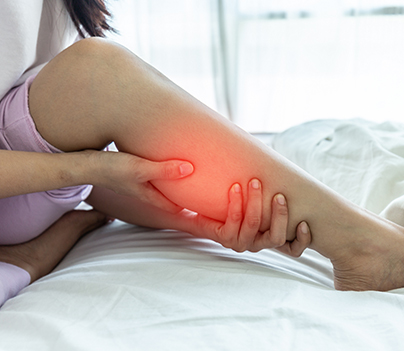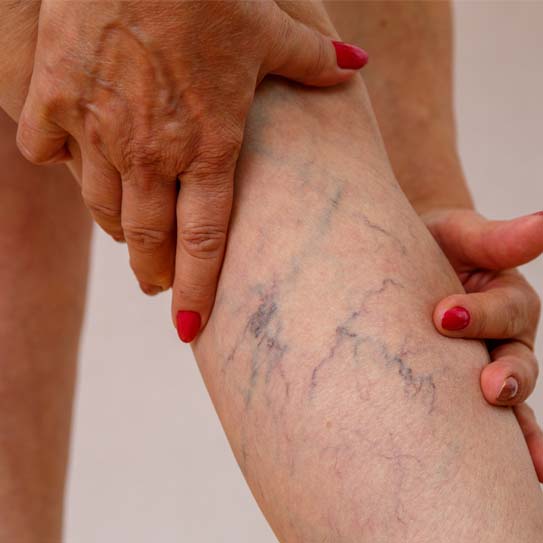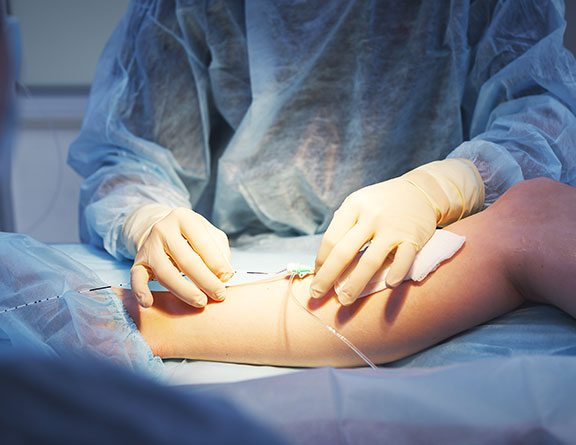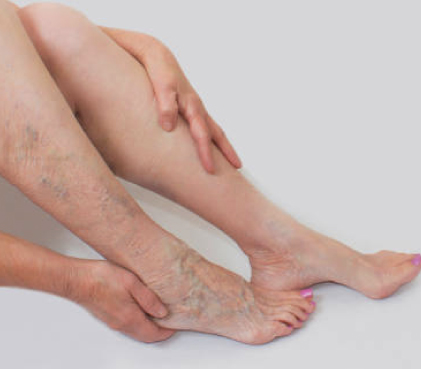
An orthopedist is an expert in identifying and treating conditions involving the bones. He/she does a complete diagnostic, which includes
Physical examination during which the doctor will evaluate the symptoms, function, and discomfort of the knee joint.
a thorough review of family and medical history to ascertain the condition's aetiology
There are several things that point to the need for knee replacement surgery. A few of them include


You must be ready for a knee replacement surgery well in advance because it is a serious procedure. Both medical and home preparation are done prior to knee replacement surgery.
The following medical measures are taken before knee replacement surgery:
When should I see an orthopedist about getting my knee replaced?
After a severe knee injury or other painful disorders like osteoarthritis, rheumatoid arthritis, etc. that may make it difficult for you to carry out daily activities like walking, climbing stairs, etc., you could require knee replacement surgery.
What percentage of knee issues return after a knee replacement?
After a successful knee replacement, a patient often doesn't have any knee-related problems for at least the next 10 to 15 years.
How can I pick the implant that's best for me?
The decision to use a knee implant often depends on a number of variables, including the patient's age, the type of operation, their current health, the degree of knee deterioration, their budget, etc. As a result, after thorough deliberation, the implant is decided upon by the doctor and patient jointly.
Do the home treatments for varicose veins actually work?
The day following surgery, you will be allowed to get out of bed and begin walking. You will normally be released from the hospital 2 to 3 days later. Following surgery, a personalised exercise programme under the supervision of an orthopaedic surgeon will start the recovery process. You won't feel any pain, and you'll get medicine to control it, avoid problems, and hasten recuperation.

Also known as endovenous laser treatment or EVLA, this is a minimally invasive ultrasound-guided procedure that involves the use of ultrasound images and laser fiber in order to kill the delicate lining of the veins. After a few days following the procedure, the body absorbs the dead tissues, closing off the abnormal veins with minimal or no discomfort. This is one of the most commonly preferred methods as it involves far fewer complications, and the recovery time, as well as the success rate of this method, is much faster and higher than that of any surgical process.

Also known as endovenous laser treatment or EVLA, this is a minimally invasive ultrasound-guided procedure that involves the use of ultrasound images and laser fiber in order to kill the delicate lining of the veins. After a few days following the procedure, the body absorbs the dead tissues, closing off the abnormal veins with minimal or no discomfort. This is one of the most commonly preferred methods as it involves far fewer complications, and the recovery time, as well as the success rate of this method, is much faster and higher than that of any surgical process.

Also known as endovenous laser treatment or EVLA, this is a minimally invasive ultrasound-guided procedure that involves the use of ultrasound images and laser fiber in order to kill the delicate lining of the veins. After a few days following the procedure, the body absorbs the dead tissues, closing off the abnormal veins with minimal or no discomfort. This is one of the most commonly preferred methods as it involves far fewer complications, and the recovery time, as well as the success rate of this method, is much faster and higher than that of any surgical process.